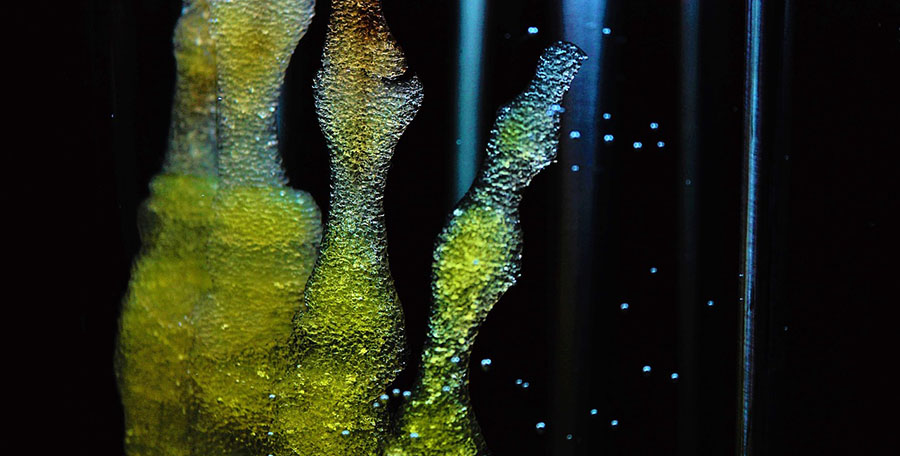
Morning erection was regained in 3 patients within 1 month and in 6 patients within 3 months. In this study, 7 men ranging from 57 to 87 years of age were each treated with IC injection of 15 million allogeneic umbilical cord blood SCs.
Columbia stem cell treatment cost trial#
With stem cell therapy for erectile dysfunction, the application of mesenchymal stem cells has the ability to help the body identify the neovascular problems that won't allow blood flow through the penis and get a firm erection.Ī clinical trial of SC therapy for ED has been carried out in Korea****. Unhealthy habits (smoking, excessive alcohol consumption, poor nutrition, for example)įuture projections show a prevalence of 322 million men with ED by 2025, indicating an increase of more than 100% compared with the corresponding rates in 1994 (approximately 154 million men with ED)***.


Professor Clare Parish, Head of the Stem Cell and Neural Development Laboratory at The Florey Institute, said: "Through use of the hydrogel technique we demonstrated increased survival of the grafted dopamine neurons and restored movement in an animal model of Parkinson's disease."Īlthough dopamine-related drugs are a readily used treatment for people living with Parkinson's disease, many have undesirable side effects that are exacerbated with time.

"Once inside the brain, the gel returns to its solid form and provides support for the stem cells to replace lost dopamine neurons." "When we shake or apply energy to the hydrogel, the substance turns into a liquid which allows us to inject it into the brain through a very small capillary using a needle," Professor David Nisbet, from the ANU John Curtin School of Medical Research (JCSMR), said. The new material is made from natural amino acids - the building blocks of proteins - and acts as a gateway to facilitate the safe transfer of stem cells into the brain and restore damaged tissue by releasing a growth-enabling protein called GDNF.īy putting the stem cells into a gel, they are exposed to less stress when injected into the brain and are more gently and successfully integrated. The gel also offers hope for patients who have suffered from other neurological conditions such as strokes. Researchers from The Australian National University (ANU), in collaboration with The Florey Institute of Neuroscience and Mental Health, have developed a new type of hydrogel that could radically transform how we treat Parkinson's disease.


 0 kommentar(er)
0 kommentar(er)
